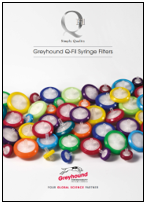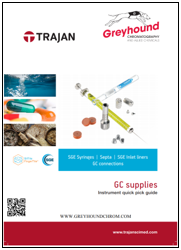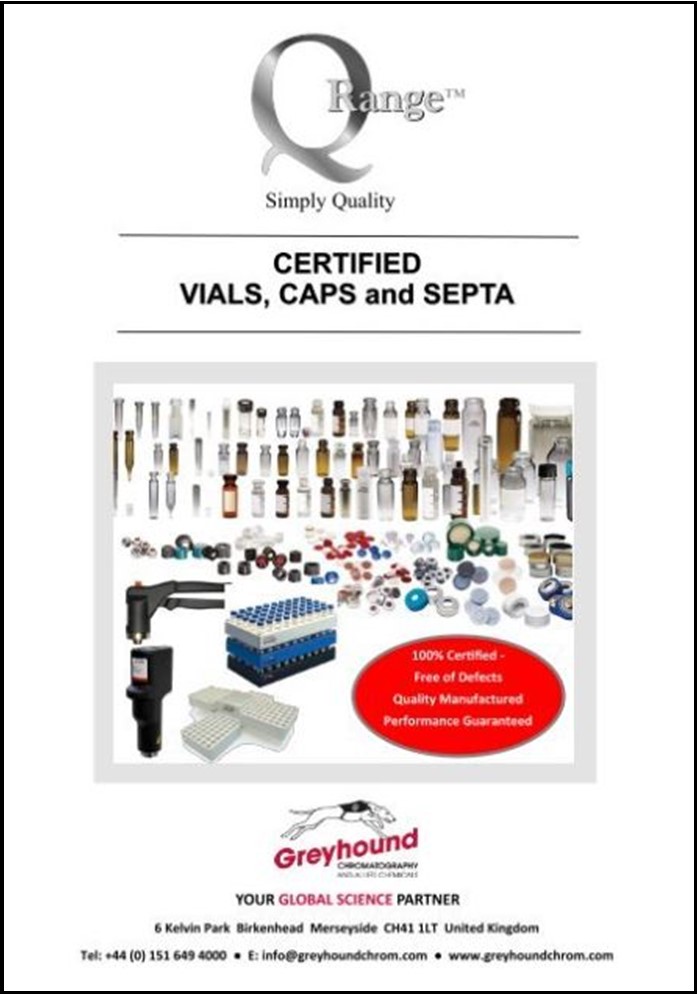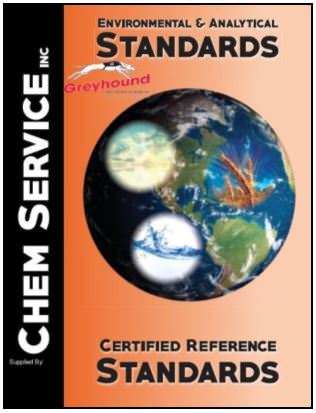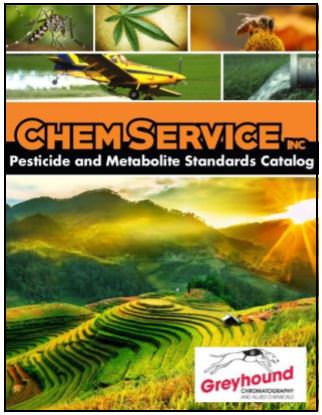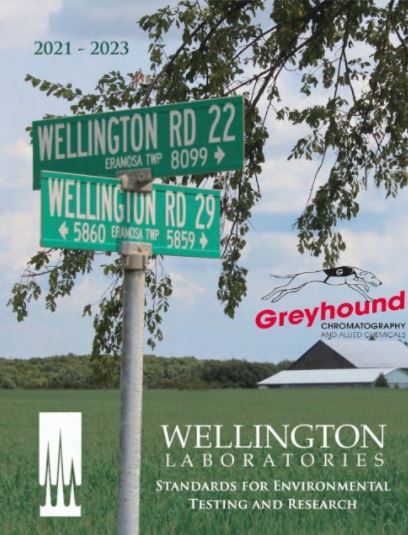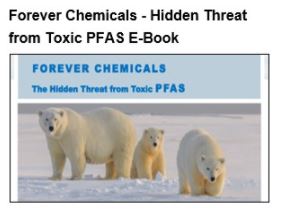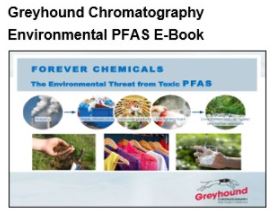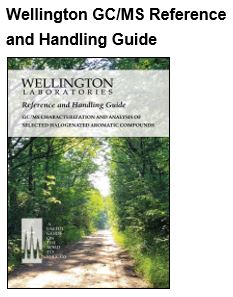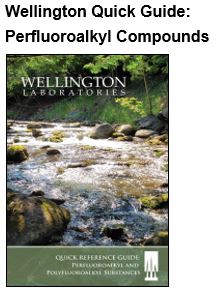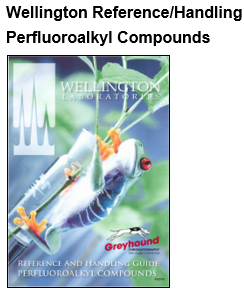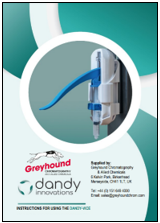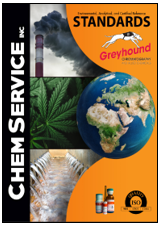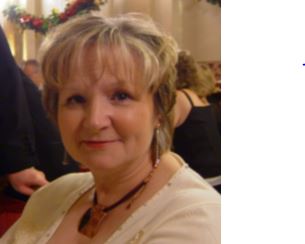Computer model shows how to make oil palm a sustainable crop

![]()
According to PricewaterhouseCooper Indonesia, palm oil is the second most traded vegetable crop oil after soy, and demand for this commodity is set to increase. In 2012, experts predicted that 6.3 million more hectares of land would need to be dedicated to growing oil palm plants in order to meet global demand by the year 2020. This, in turn, will raise the need for various chemical compounds, including fertilizers and pesticides. If left uncontrolled, the impact on greenhouse emissions and nutrient water pollution will be immense. Further complicating matters is the fact that both government agencies and a growing number of consumers want their products to come from sustainable sources with environmentally conscious cultivation practices.
One team of researchers from James Cook University in Australia announced they used computer modelling to simulate different scenarios in the agriculture of oil palm. They asserted that it is actually possible to reduce the environmental impact of farming, as published in the journal Environmental Modelling & Software.
Program can guide farmers' decisions
In research funded by the Australian Center for International Agricultural Research, study co-author Paul Nelson and his colleagues evaluated various settings for the growth of oil palm with the help of the Agricultural Production Systems Simulator. APSIM is capable of projecting farm yields after analyzing information from disparate sources.
"APSIM is the gold standard for simulating crop systems," Nelson said in a statement. "It enables the simulation of systems that cover a range of plant, animal, soil, climate and management interactions. APSIM is undergoing continual development and it's underpinned by rigorous science and software engineering standards. By applying APSIM Oil Palm, producers will be able to evaluate effects of their soil type, climate and management on their water balance, nutrient balance, soil organic matter and greenhouse gas emissions."
In a demonstration of the value of APSIM Oil Palm, Nelson and his colleagues incorporated information pertaining to soil and climate, culled from three large databases, into simulations at three sites in Papua New Guinea. The model projected growth for palm fronds, stems, roots and fruit while accounting for factors such as rainfall, temperature, light and soil. The ultimate goal is to use APSIM Oil Palm to inform the decisions of farmers in other parts of the world.
"Given that this is one of the most important industries in the tropics, our aim is to contribute to a research-based approach to its management," Nelson said in his statement. "Growers need information that will help them make decisions that are good for both productivity and the environment."
Sustainability is a priority
According to PwC Indonesia, the clearcutting of forests to grow oil palm has several consequences for the environment. It reduces biodiversity and hurts the forest's ability to sequester carbon. In addition to negatively impacting the environment, non-sustainable growth practices also diminish a country's social capital, PwC noted.
Additionally, fertilizers that wash away from the soil in runoff drive eutrophication of local watersheds. According to the U.S. Environmental Protection Agency, eutrophication occurs when nutrients lead to abnormal algae growth in bodies of Water. As the algae grows, dies and decomposes, it depletes the water of oxygen and creates dead zones in which aquatic life cannot live.
PwC Indonesia noted that implementation of sustainable practices incorporates eight principles:
- Transparency
- Compliance with local and international laws
- Commitment to long-term economic and financial viability
- Use of appropriate practices by millers and growers
- Environmental responsibility and conservation of both natural resources and biodiversity
- Consideration of employees and local residents impacted by millers
- Responsible development of new plantings
- Commitment to continuous improvement
APSIM Oil Palm can help farmers run their businesses according to these principles.
For over 38 years Greyhound Chromatography has been supplying high quality Chromatography consumables to laboratories around the world. Greyhound’s extensive range covers all areas of Environmental, Petrochemical, Food, Forensics, Chemical and Pharmaceutical analysis. Backed by a highly experienced technical services team, Greyhound is the preferred source amongst today’s analysts.
CONTACT US
Tel: +44 (0) 151 649 4000
Email: marketing@greyhoundchrom.com
FOLLOW US
YOU MAY ALSO BE INTERESTED IN OUR NEWSLETTER
About The Author
Susan Massie, Sales & Marketing Director, Greyhound Chromatography and Allied Chemicals Email: sue@greyhoundchrom.com
Susan Massie is the Sales & Marketing Director for Greyhound Chromatography and Allied Chemicals, affectionately known as 'Greyhound' in our scientific community. Greyhound was founded by Susan's husband Paul Massie almost 40 years ago, Susan hasn't been in the business for all of that time but has been involved with Greyhound for over 17 years. Greyhound continues to grow, expanding into new markets and taking on the challenges of our ever changing environment. It's heartwarming to witness the world waking up to the fact that we are damaging our planet on a daily basis. Every action we take has a direct effect on our planet and the world we leave behind for future generations. Susan is passionate about climate change and is happy to work in an industry that can have a direct effect on reducing the impact of our actions on the environment. All of the team at Greyhound take our responsibilities very seriously, the products that we supply are used by the world's leading scientists and chemists as they endeavour to monitor and repair the environment. All is not lost, if we all take responsibility for our actions, from reducing our waste and reusing or recycling our material collateral we can make a difference. The internet is full of useful advice and guidance, Susan is proud to contribute to that wealth of knowledge whenever she can.
Greyhound prides itself on personal service which provides prompt, efficient, cost-effective, safe delivery of all products. Greyhound provides technical advice and distribution of Certified Reference Standards and Materials, Laboratory Consumables, Solvents and Reagents across all scientific disciplines. Greyhound Chromatography offers over 1 Million products from its UK warehouse. The team at Greyhound are proud to support the work of the world's leading scientists and chemists as they challenge the abuse of our planet and try to make a difference to the world we leave behind for our ancestors.
You can view Susan's Linked In Profile here https://www.linkedin.com/in/susan-massie-79ab4121/


